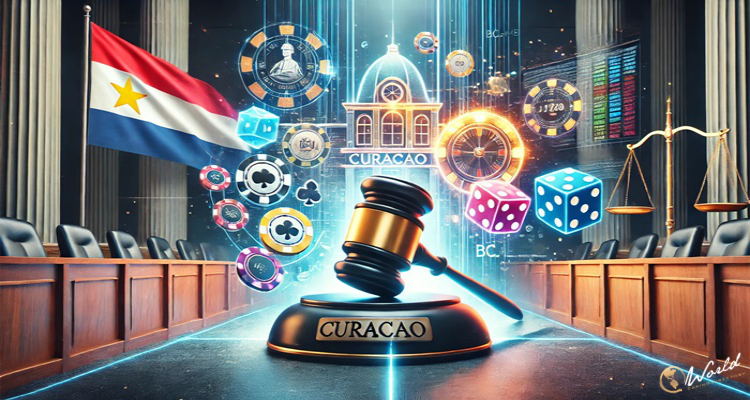The recent bankruptcy of BC.GAME, a Curaçao-based gaming operator and sponsor of English Premier League team Leicester City FC, has unveiled serious flaws in the island’s gambling regulatory framework. Operated by Small Dance B.V., BC.GAME is accused of running one of Europe’s largest illegal betting networks. Following its declaration of bankruptcy on November 12, 2024, the Curaçao Gaming Control Board (GCB) announced intentions to revoke the operator’s license, according to Josimarfootball.
The financial troubles began with a $2 million debt owed by Small Dance B.V. to five gamblers, which the company failed to repay. The operator disputes the claim, but the bankruptcy ruling prompted the GCB to act. Historically, license revocations have been rare in Curaçao, raising questions about the island’s oversight. Critics argue that the regulatory body has often prioritized revenue over compliance, enabling operators like BC.GAME to continue unchecked.
BC.GAME’s licensing troubles are rooted in a broader regulatory issue. The operator’s predecessor, BlockDance B.V., was also declared bankrupt earlier in 2024. Despite these red flags, Small Dance B.V. assumed control of the BC.GAME brand, further entrenching its ties to Curaçao.
Regulatory Failures and International Scrutiny
The case has intensified scrutiny of Curaçao’s lax regulatory standards, which have long faced criticism for enabling illegal gambling activities. Operators frequently exploit minimal oversight to offer unlicensed services, often targeting users in regulated markets like Germany and Switzerland. BC.GAME’s alleged use of mirror sites and guides to circumvent local laws exemplifies these practices.
A recent overhaul of Curaçao’s gaming regulations under the National Ordinance for Games of Chance (LOK) aimed to address these shortcomings. However, implementation has been marred by allegations of corruption and inefficiency. Finance Minister Javier Silvania defended the reforms, emphasizing their potential to align Curaçao with international standards. However, a 392-page criminal complaint filed by local politician Dr. Luigi Faneyte accuses the GCB and foreign consultants of corrupt practices, undermining public confidence in the reforms.
Broader Implications for the Gaming Industry
BC.GAME’s bankruptcy underscores the risks associated with Curaçao-licensed platforms. The operator has been blacklisted in several jurisdictions including the UK, Greece, and Lithuania for non-compliance. In 2023, the UK Gambling Commission flagged BC.GAME as illegal, prompting Google to block its URL.
The fallout from this case extends beyond BC.GAME. Curaçao’s licensing instability has created uncertainty for hundreds of operators, pushing many to seek alternatives in jurisdictions like Vanuatu, Anjouan, and the Isle of Man. The continued regulatory chaos threatens to tarnish Curaçao’s reputation further, potentially deterring future investments.
GCB’s Response and Future Prospects
In a recent statement, the GCB defended its licensing authority and outlined plans to modernize operations under the LOK framework. The board emphasized its commitment to transparency and player protection, including mandatory Alternative Dispute Resolution mechanisms. However, critics remain skeptical about whether these measures will effectively address systemic issues.
As for BC.GAME, reports cited by Asia Gaming Brief suggest the operator is transitioning its license to Vanuatu, a jurisdiction gaining popularity among former Curaçao licensees. This move raises concerns about the proliferation of “gray market” operators and the challenges of enforcing international gaming standards.



